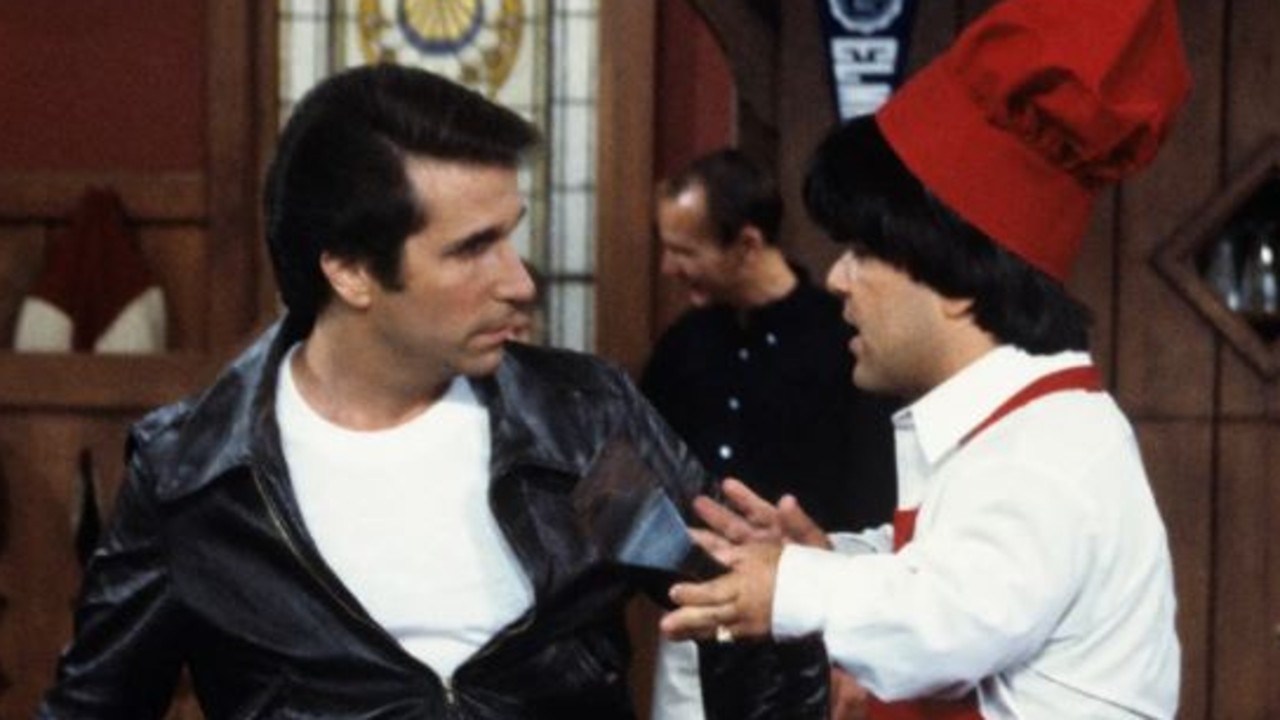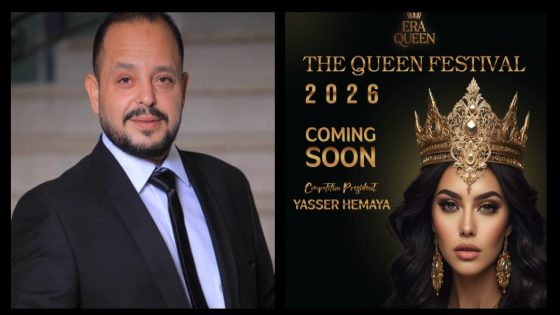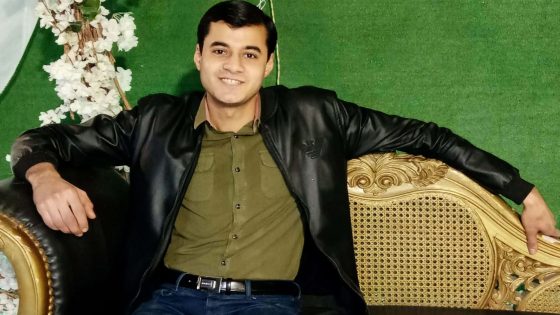Gary Friedkin — who played an Ewok in Star Wars: Return of the Jedi — has died at age 70 from Covid-19 complications, according to an online obituary.
The actor passed away peacefully on December 2 at a hospice after “enduring a difficult” three-and-a-half weeks in the intensive care unit of an Ohio hospital, per the tribute in the Tribune Chronicle.
Born November 23, 1952 in Youngstown, Friedkin is being remembered as a “gift to all who knew him”, the New York Post reports.
“Gary was a light of joy and inspiration that will be evergreen to all who see his work for generations to come. Garry Marshall once said, ‘Gary makes my heart smile’,” Happy Days star Anson Williams, who played Potsie on the sitcom, exclusively told The Post in an email on Friday.
A piano player, Friedkin trained at the Dana School of Music at Youngstown State University, where he reportedly graduated with a music degree.
He moved to Los Angeles and made his Hollywood debut in the Chevy Chase comedy Under the Rainbow in 1981, according to the Hollywood Reporter.
The 1.2m tall actor — nicknamed “Kishka” — was said to be an active member of Little People of America.
He appeared in the blockbuster film Blade Runner and on episodes of The Twilight Zone, The Practice and Chicago Hope.
He played Clarence, a cook at Arnold’s restaurant, on Happy Days.
Most recently, Friedkin performed in Marshall’s 2016 film Mother’s Day as Shorty.
“[Gary was] an amazing son, brother, brother-in-law, uncle, great-uncle and friend,” the obituary read.
“Gary lived his life to the absolute fullest, bringing endless laughs to his family and many friends, while never letting the obstacles he faced get in his way.”
The tribute continued: “While Gary may have been short of stature, he was a giant amongst his family and friends. His legacy will live on as stories are told and retold for years to come by all who loved him.”
The obituary ended with a promise for a celebration of Friedkin’s life in the spring and a plea for “everyone to get vaccinated and boosted to protect their family and community”.
This article originally appeared in the New York Post and has been reproduced with permission



















